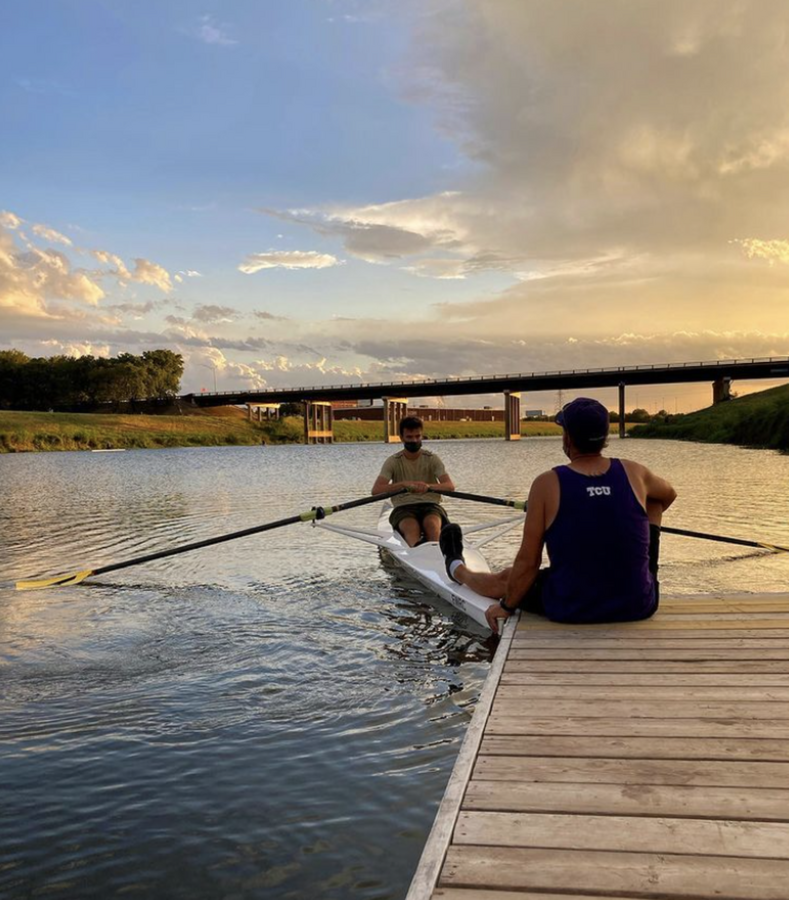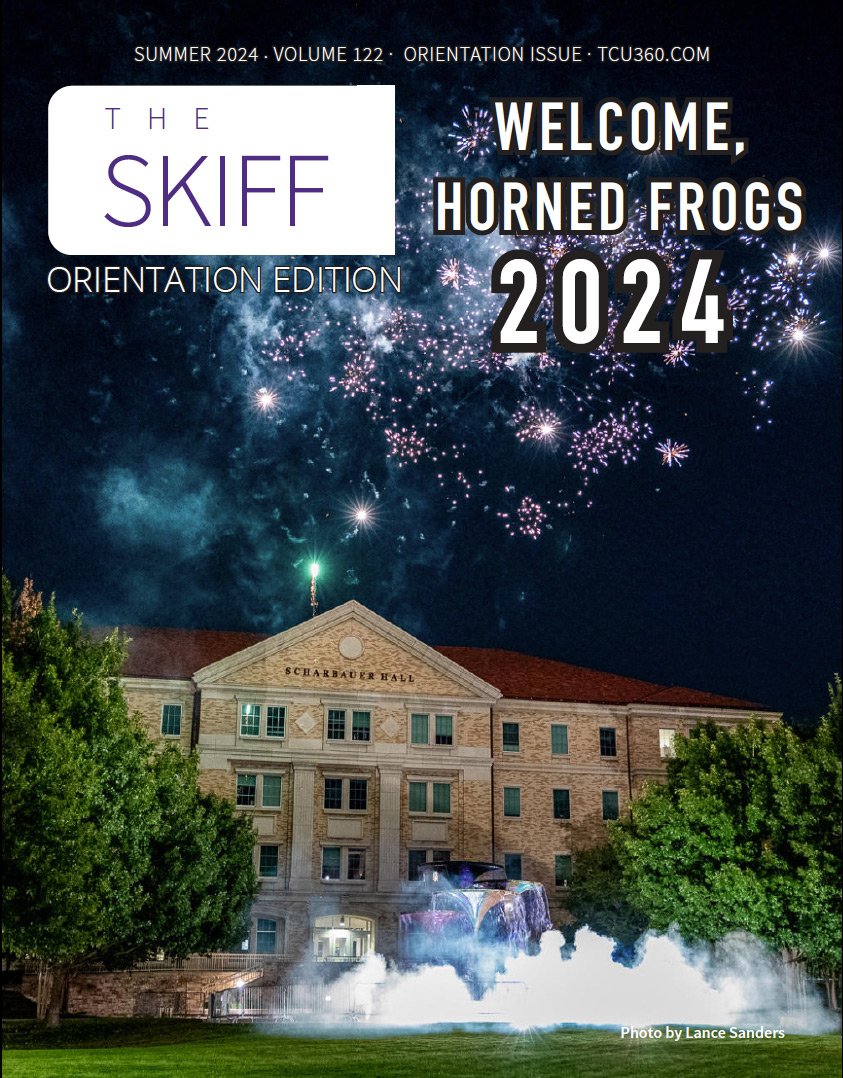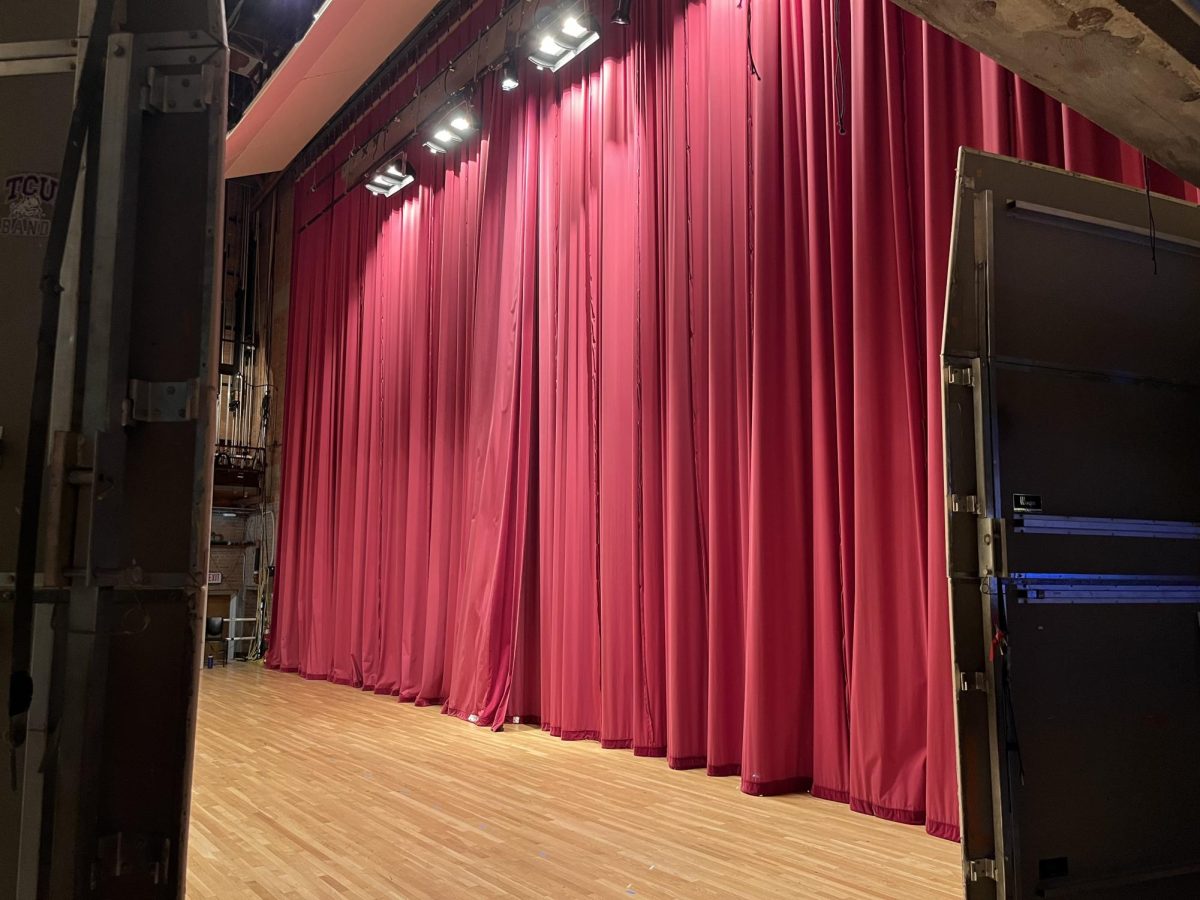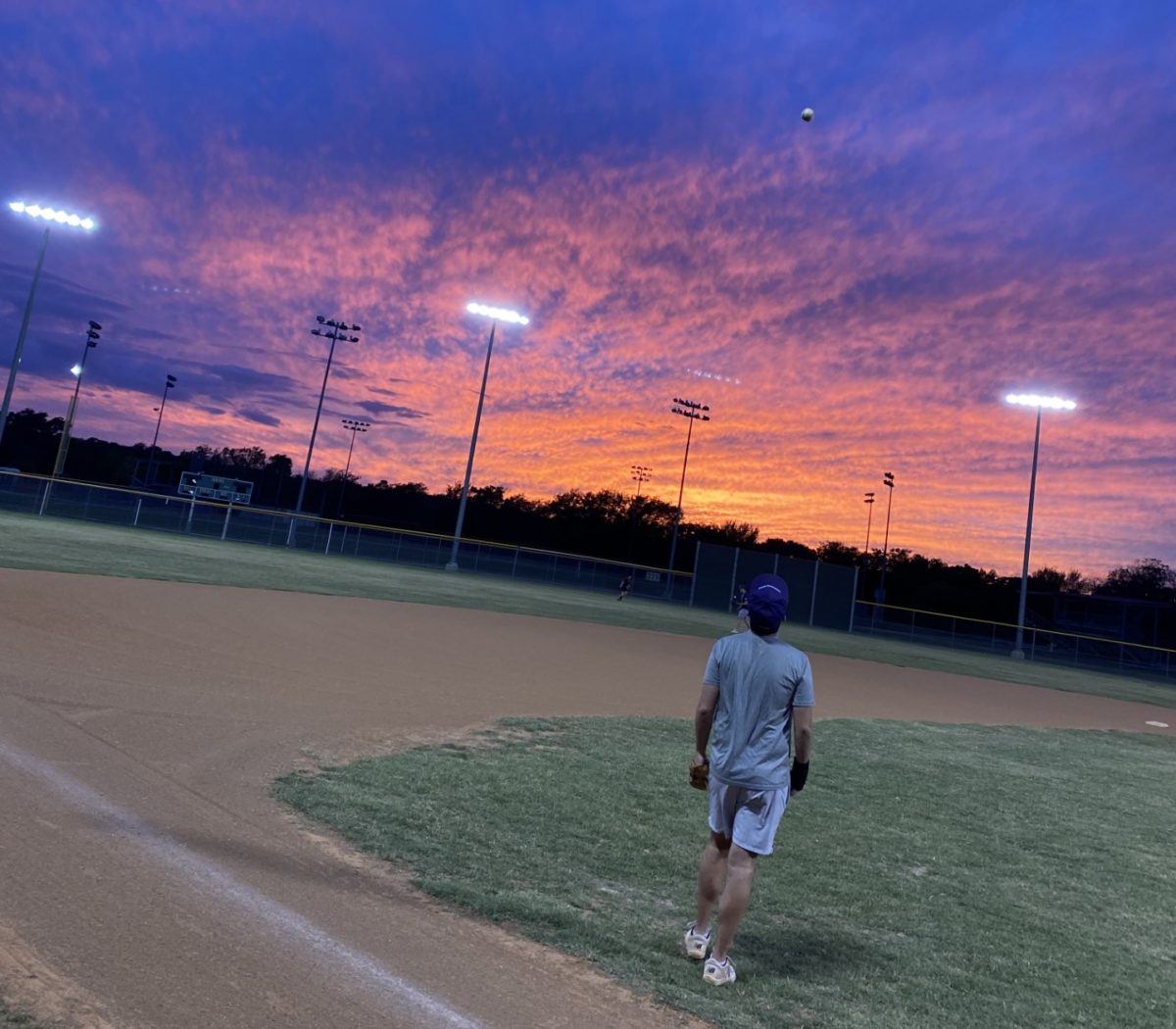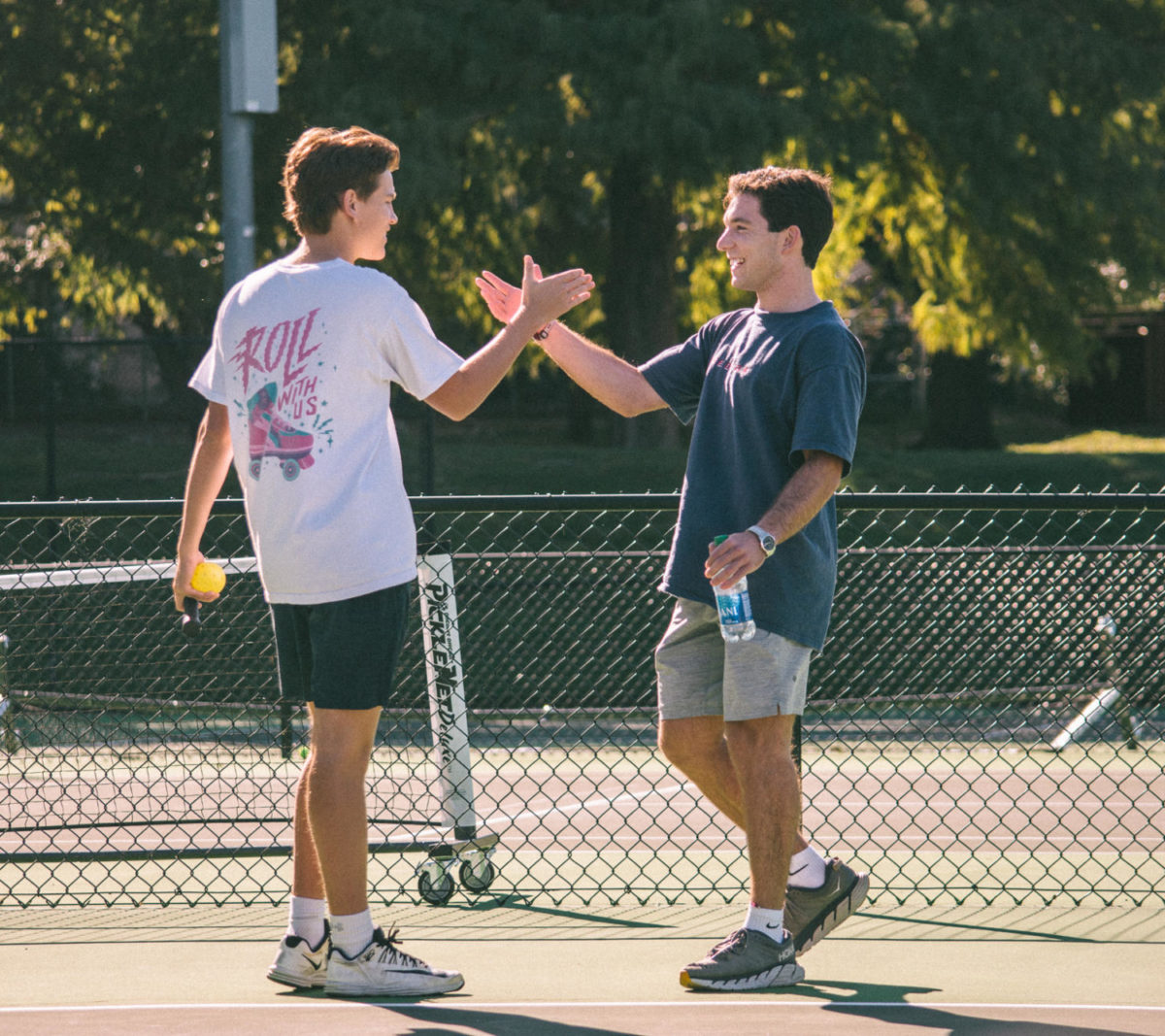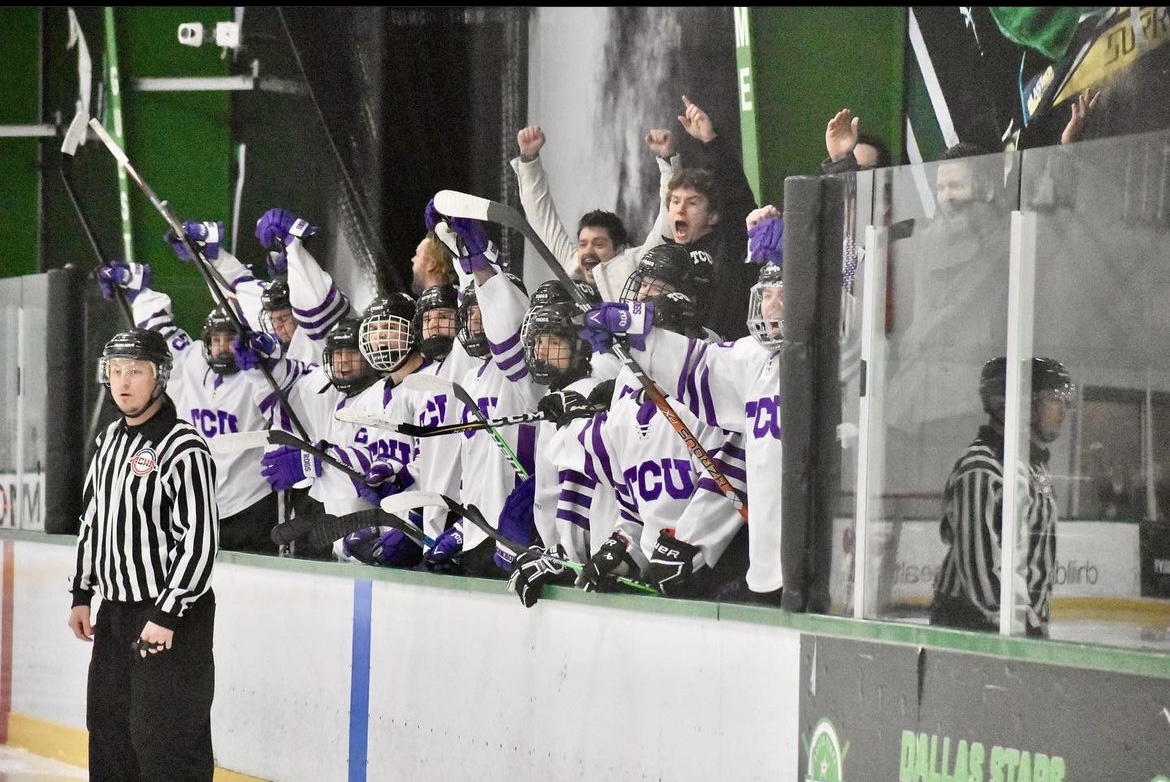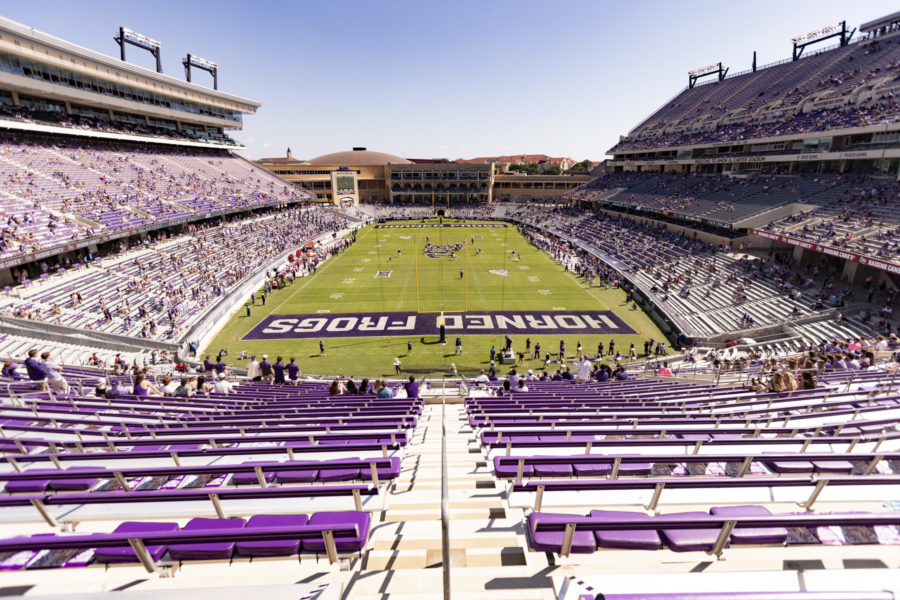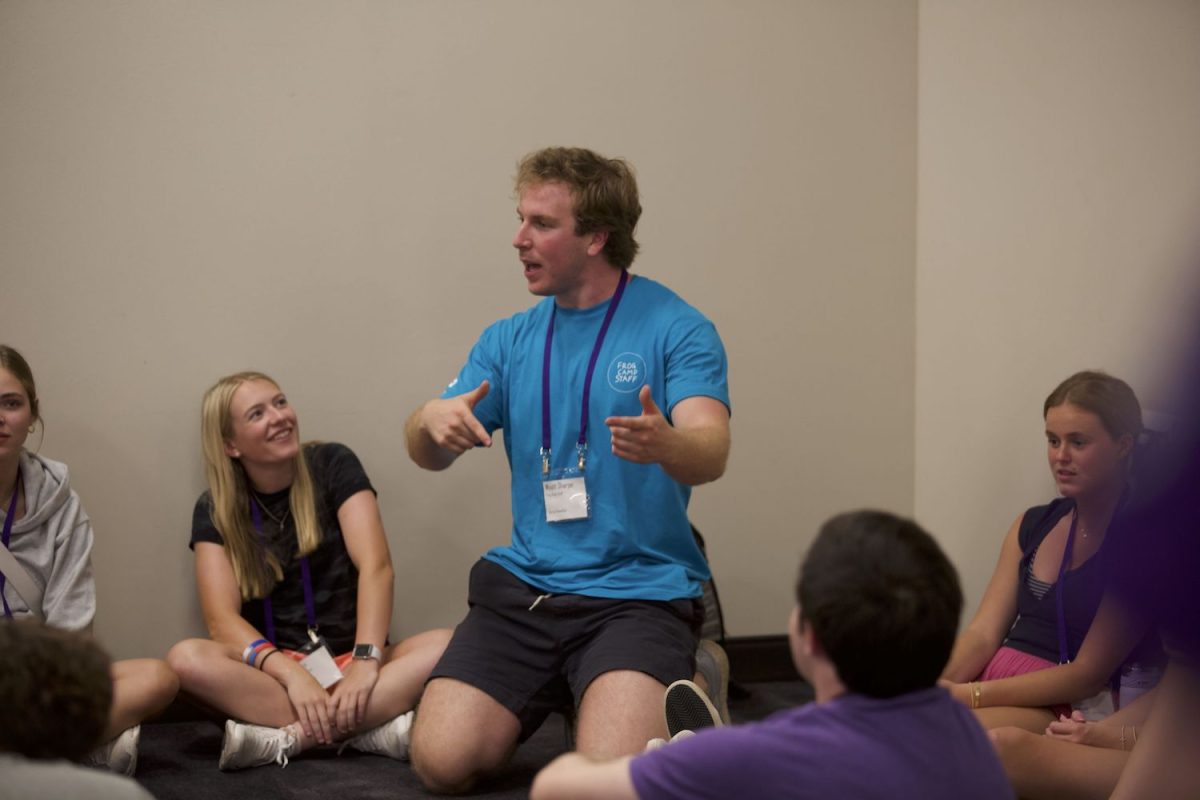One TCU club team has managed to grow and come together amid an unprecedented year.
The TCU Rowing Team grew in size and became one “resilient family” as they adapted to the COVID-19 pandemic while still competing.
Among the challenges they faced were restrictions from using certain boats, limits on who could practice together, and changes to their normal competition schedule and environment.
These strict rules led to a new norm in the world of college rowing: virtual competition.
Ergometers, or “ergs,” were used for all rowing competitions this year for the first time in college rowing history.
An erg is a work-out machine that measures work done through exercising.
Luke Pliska, the incoming student head coach and a business major at TCU, competed virtually this season.
“The best part about the virtual competition was that I was able to have an interaction with the audience that I’ve never experienced before,” said Pliska. “When you’re out on the water you can’t really hear the cheers coming from your coaches or teammates.”
This was the first time rowers were able to feel the true excitement of fans and coaches who would normally be waves away, he said.
Although restrictions might have changed the way their season functioned, many of the rowers on the team insisted that the pros of the season outweighed the cons.
Claire Dobbs, a senior history and political science dual major, joined the team as a first-year student and now serves as the president of the program.
“The effects of the pandemic forced us to take charge of the club and implement things into the program that we have been wanting to do for years,” said Dobbs.
Now, Dobbs said, the TCU Rowing Team is a true student-led organization.
Adjusting to the new normal
A normal season would have had team members rowing in unison on the waters of Marine Creek Lake multiple times per week. However, COVID-19 restrictions held the team back from practicing as a large group.
At the beginning of the season, rules were put into place about which boats could be used and which teammates could row together.
Michaela Anne Racich, a first-year nursing major, recalls how the pandemic affected her experience as a rower at the beginning of the academic year.
“We were only allowed to row in the boats with a roommate or family member,” said Racich. “Luckily, I was able to row with my sister in a two-person boat, but I personally prefer being in the four-person boats.”
With roughly 30 members, the team had to make drastic changes to practice schedules because few rowers were allowed to practice in the University Recreation Center at one time.
Coaches had to make more than six practice time slots per day so everyone could practice during the week while following social distance safety measures.
Virtual rowing regattas
After USRowing canceled all in-person regattas, TCU’s team participated in its first virtual regatta in the fall.
A socially distant version of the Head of the Oklahoma Regatta, a 5K that takes place annually in Oklahoma City, Oklahoma, was held in October.
This competition was made possible through updated erg technology and the app Here Now VR.
According to its description on the AppStore, “HereNow VR allows you to race and train for rowing events in a 3D environment.”
Schools with the latest version of the erg monitor were able to connect the monitors to their phones or tablets with the app open.
“It was kind of neat because we could have four people rowing at the exact same time and the app would mimic a crew,” said Samuel Barnes, a senior accounting major and the team’s outgoing student head coach.
However, rowing on an erg is a much different experience than rowing on the water, said Pliska.
“The technique that you use on an erg is slightly different from the technique that you use on the water,” he said. “Essentially, it takes more skills like balance and timing to win a competition on the water, but on the erg, you don’t need to worry about those things since you’re on land.”
Someone who is really strong and who can lift heavy weight would do better on the erg than on the water, according to Pliska.
Pandemic grows program
The TCU Rowing Team has been steadily growing for the past seven years.
The program went from having an executive board, which took on multiple roles, to having both an executive board and a coaching staff.
This school year saw their growth go to another level.
“Usually we have about 15 students who are interested in competing at a high level,” said Dobbs. “This year we have almost 30 students stepping into the boats as serious competitors.”
Although this was a good problem to have, it raised concerns with having COVID-19-friendly practices and group activities, she said.
Dobbs said it also raised safety concerns because there are so many new rowers that need supervision when it comes to physically getting into the water and dealing with the logistics of the boats.
These safety precautions are especially important as most of these new members join without a lot of prior experience in rowing. Younger members expressed gratitude for the student-led coaching staff.
“For someone who has no prior experience in rowing, it was so easy to learn the sport,” said Racich. “The coaches invest so much time into each team member and into making sure they feel comfortable both in the boat and on the machines.”
The program started to train students as qualified coaches, so that this level of intimacy with novice rowers would be possible.
“Rowing is a sport that comes with a high level of liability, so we needed more people who were trained coaches that could implement safe procedures in practice,” said Dobbs.
Pliska’s job as intermin student head coach was among one of the roles that served a more important purpose this season.
“The role of interim student head coach comes with a lot of responsibilities,” said Pliska. “Not only do you coach students to learn how to row properly with good form, but you also lead practices and coordinate the logistics of practices on the water.”
More coaches allows for more one-on-one student help, he said.
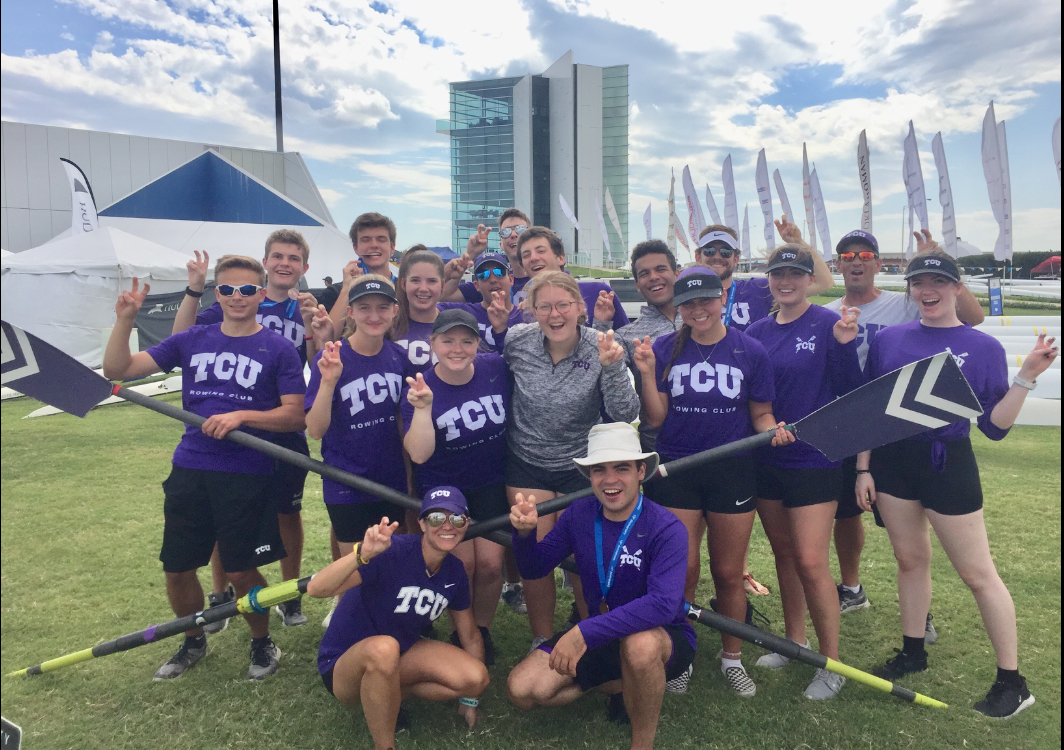
“Expanding the student coaching crew has allowed myself and our coaches to help more students at a singular time rather than having one coach help everyone,” said Pliska. “This season we were able to focus on improving many students’ skills through having more experienced coaches available at once.”
Having students mentor other students has also created a sense of family among the team.
Barnes said the program has grown closer this season than ever before.
“I would describe the team as a resilient family with big aspirations of future growth,” said Barnes.
The sport is centered around unity and in order for the team to succeed, it is important that all team members are on the same page at all times.
“Having that sense of unity on and off the water is how we have built a family within the program,” Barnes said.
Looking ahead
Faith Van Haaster, a sophomore nursing major, will serve as the team’s president next academic year.
“I’m hoping that the program will continue to grow and that we keep recruiting more members while attending in-person regattas next season,” said Van Haaster.
She predicts the team will be ahead of the game come August because of the new members’ additional year of training.
“I expect that we will have a lot of success in the Men and Women’s Novice divisions, as well as the Men and Women’s Varsity divisions,” she said.
Rowers who qualified for the novice division this academic year will be able to compete in the novice division for next season.
“Normally, those in the novice division would step into the boat with no prior experience,” said Van Haaster. “Now, our novice rowers will have had a year of experience under their belts before their first real, in-person regatta.”
Van Haaster said she is excited to finally be able to compete in in-person competition.
“Although the pandemic brought us many blessings, like program growth and heightened skill set for our new rowers, we are extremely excited to get back on the water and come back to a normal season next year,” she said.


